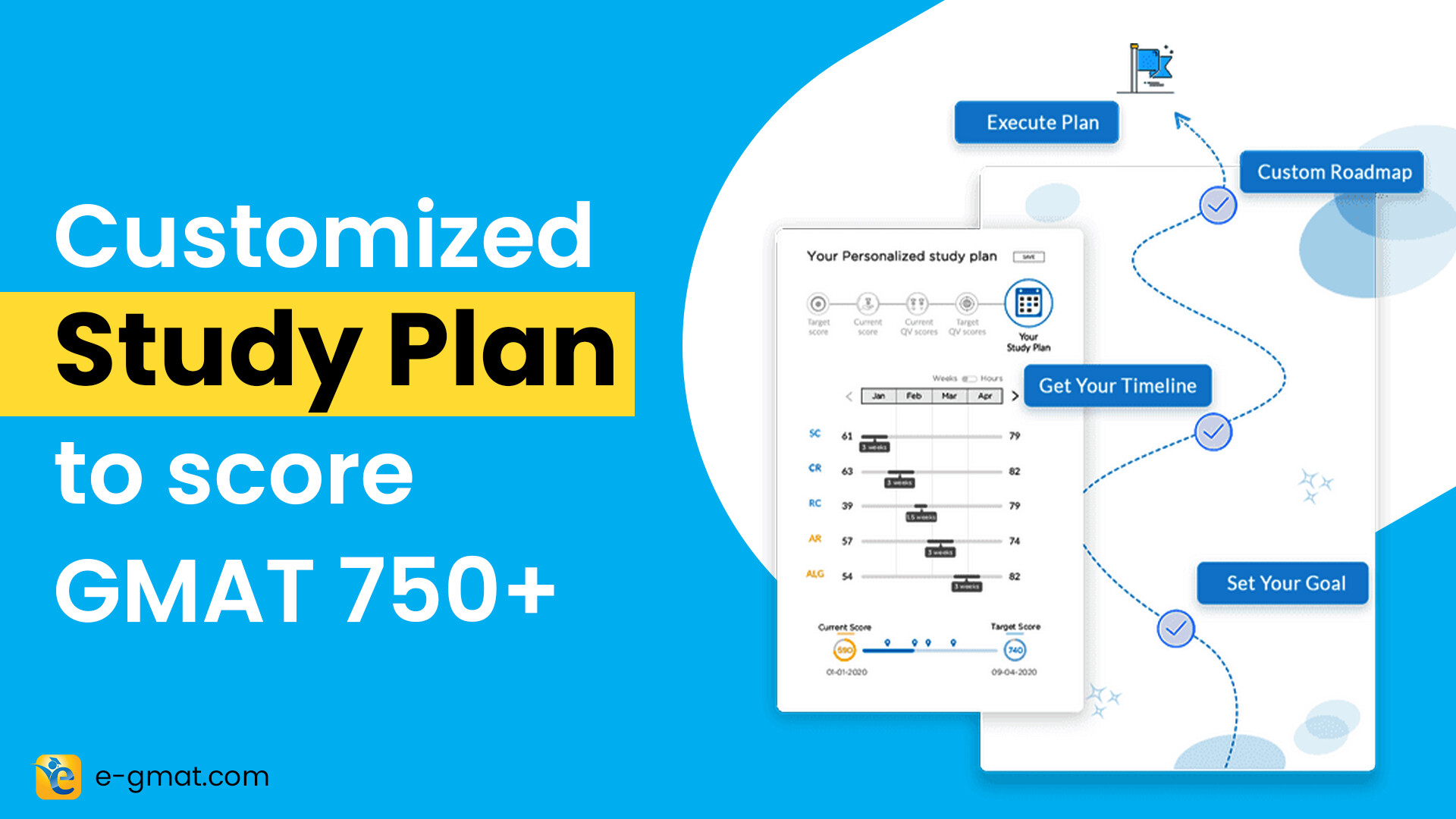Pronouns take the place of a noun to avoid repetition and to express the meaning of the sentence clearly. Since pronouns replace nouns, they also express name of person, place, or thing. e.g.
1: Teacher warned the students doing the group assignment that the students were too loud, so the teacher told the students that the group assignment would have to end if the students did not control students’ volume.
2: Teacher warned the students doing the group assignment that they were too loud, so he told them that the group assignment would have to end if they did not control their volume.
Notice how in sentence 1, the nouns are repeated and the sentence is difficult to comprehend. On the other hand in sentence 2, pronouns (underlined) are used in place of the nouns and the sentence becomes so much more precise and clear.
Types of Pronouns
There are 5 types of pronouns.
Personal pronouns
These pronouns refer to specific people or things. For example: he, she, they. When you use personal pronouns, you should take care to use them in the correct case or form. Be sure to use subject case pronouns when the pronoun acts as subject in the sentence. For example:
- She slept before the sun set.
- They left the meeting early to attend an gala event.
Subject case pronouns include – I, you, she, he, it, we, they
Likewise, use object case pronouns when the pronoun acts as an object in the sentence. For example:
- Assign the task to her.
- I need to meet them.
Object case pronouns include – me, you, her, him, it, us, you, them
Likewise, use possessive case pronouns when you need to show ownership. For example:
- Her share of chocolate is almost over
- Their books are torn
Relative pronouns
These pronouns connect group of words to specific nouns. These are called relative pronouns because they relate to the word that they modify. For example, that, which, where, whose:
- This is the book that contains the details of the experiment.
- The barren land, which has not been cultivated since ages, belongs to an old couple, who cannot hire any help.
Indefinite pronouns
These pronouns refer to people and things that are not specific. For example, all, everyone, each, etc.
- Everyone has the right to vote in this country.
- Many people vote in the primary elections.
Demonstrative pronouns
These pronouns refer to the nouns that follow them. For example, that, this, those.
- These are my shoes.
- This is the box in which several antique things are kept.
Reflexive pronouns
These pronouns are used when the subject of the sentence does something to itself. These pronouns end in –self or –selves.
- I like to do my tasks myself.
- They themselves cannot handle the situation.
Singular and Plural Pronouns
Like noun, pronoun can be either singular or plural. Some singular pronouns are he, it, I, her, this. Some plural pronouns are they, we, us, them, those.
If you are planning to take the GMAT, we can help you with a personalized study plan and give you access to quality online content to prepare. Write to us at acethegmat@e-gmat.com. We are the most reviewed GMAT prep company on gmatclub with more than 2400 reviews and are the only prep company that has delivered more than 700+ scores than any other GMAT club partner. Why don’t you take a free trial and judge for yourself?










